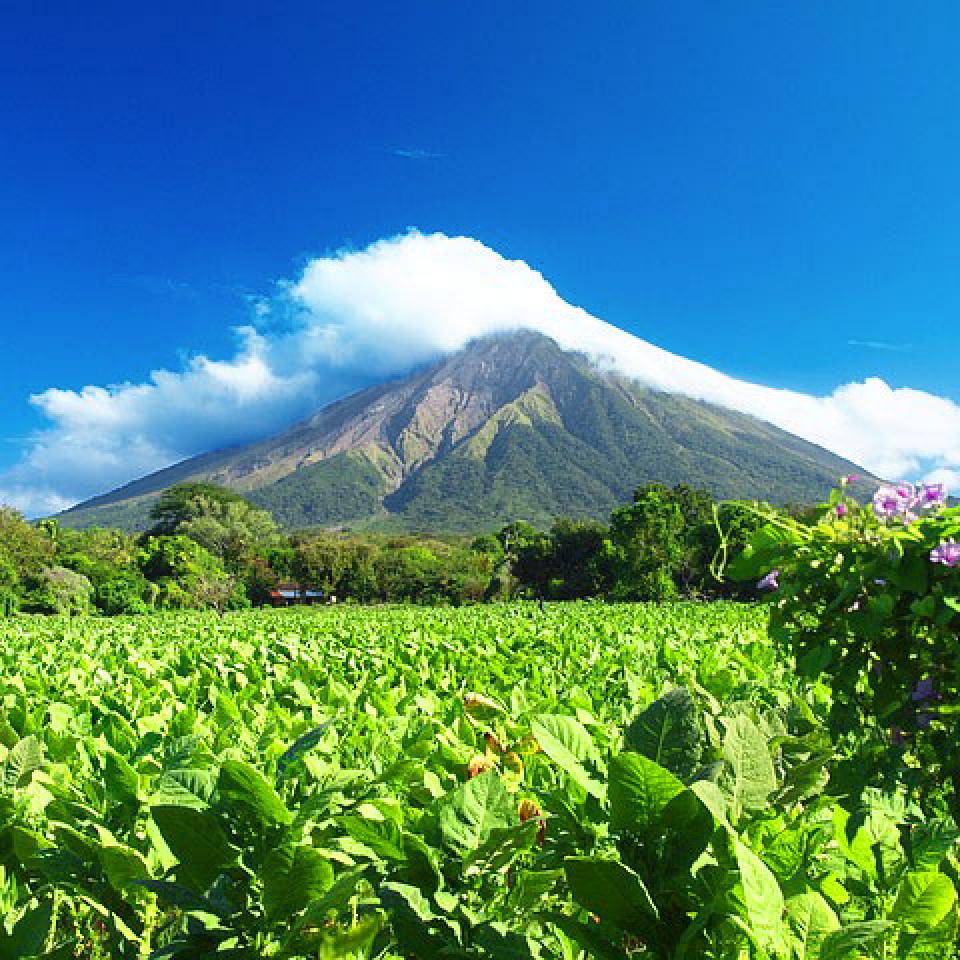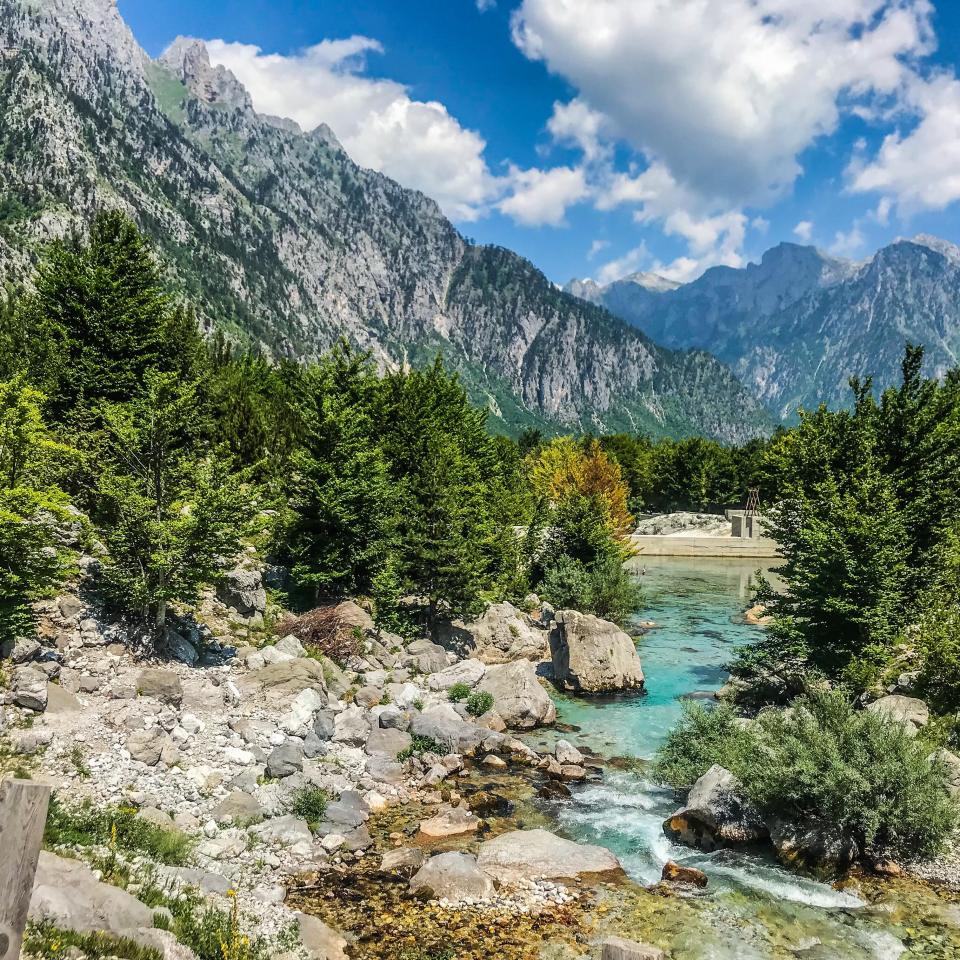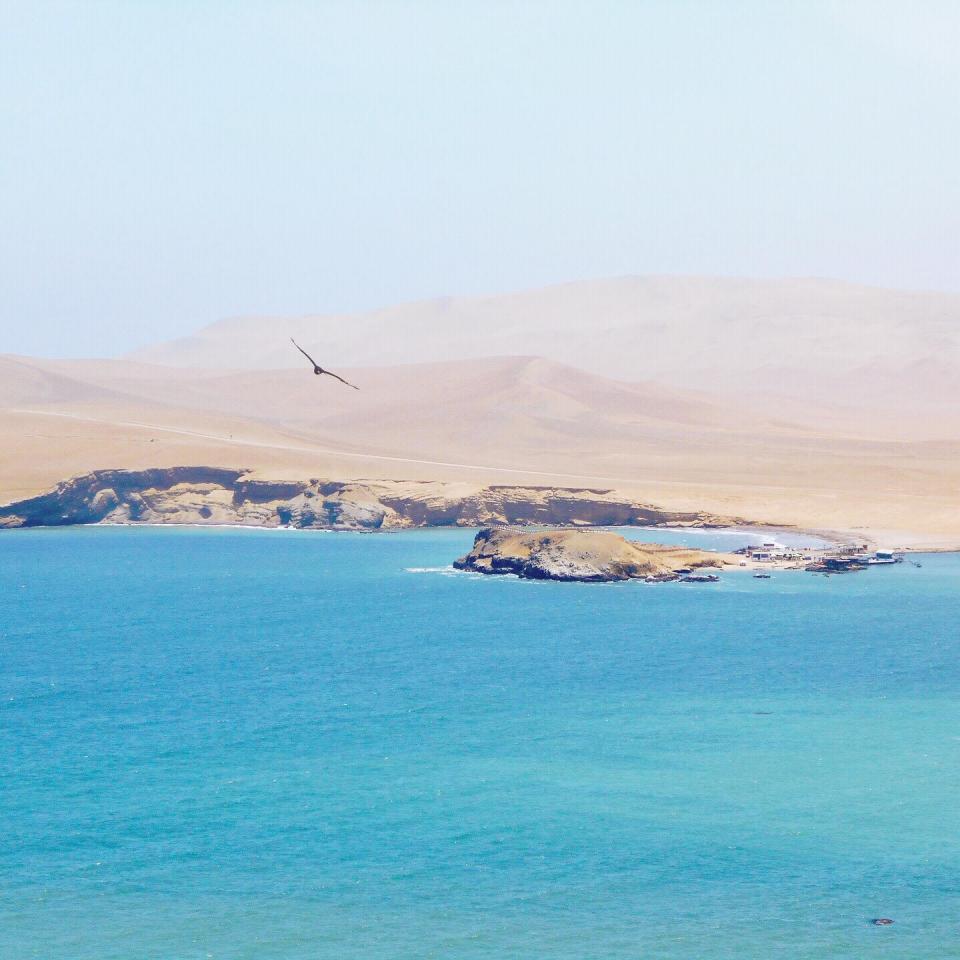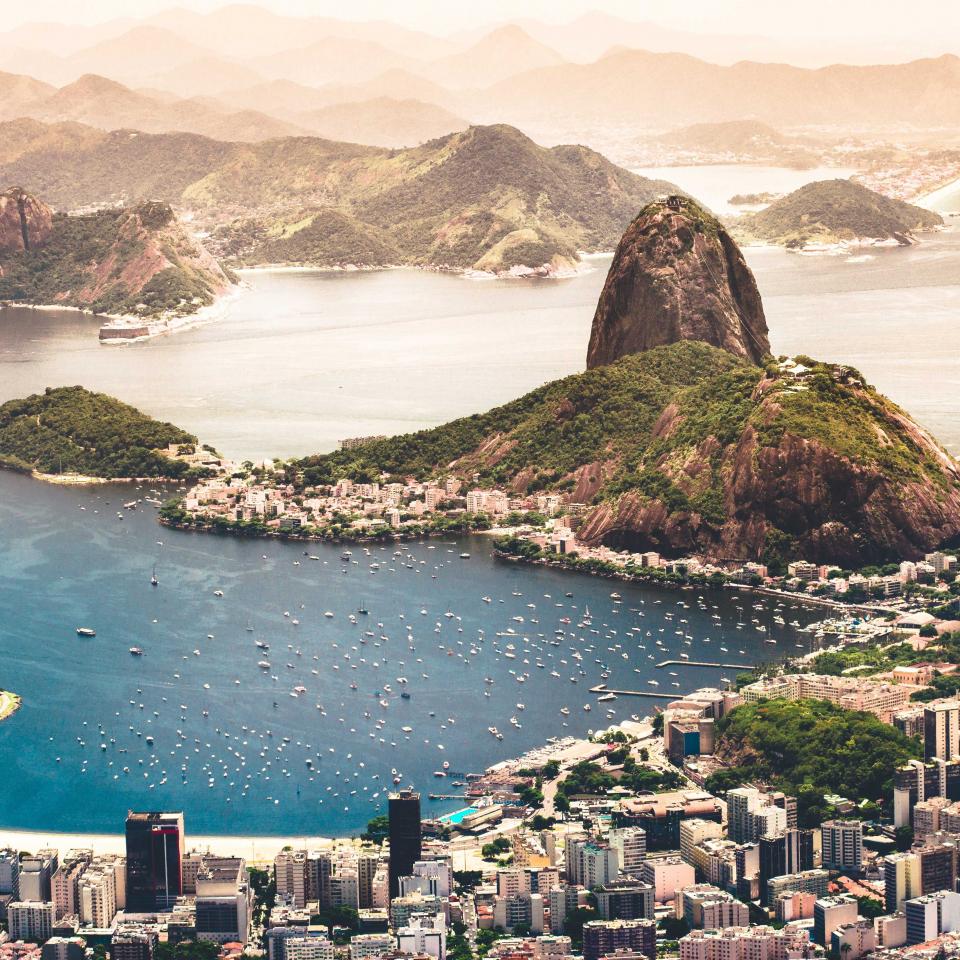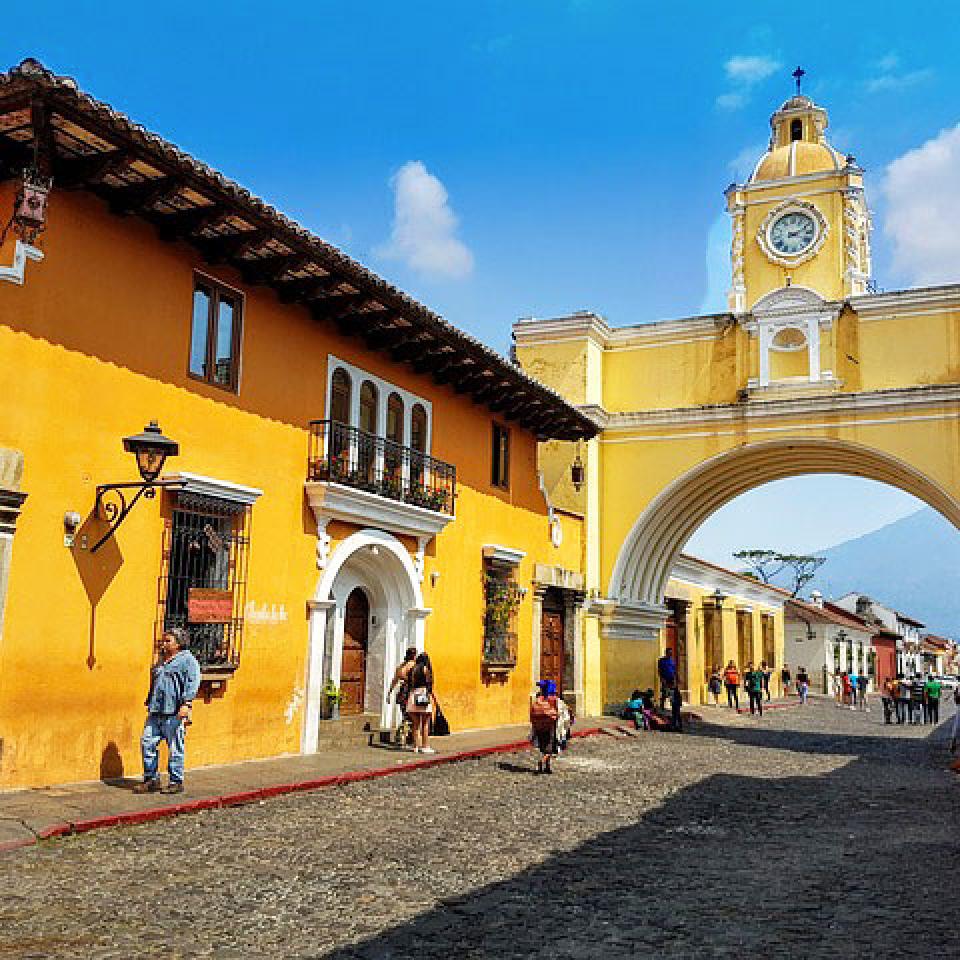I walk through the mountains that divide northern Vietnam from China. I look at the horizon and see layers of mountains that form the landscape, creating a unique setting that makes me feel on top of the world. And at the same time, so small.
These mountains I walk into are home to beautiful waterfalls, rice and tea plantations and ever-winding dirt roads. Home to a Vietnamese population that seems to be frozen in time, a time when all the drive and chaos of the big city does not yet exist.
I find myself in Ha Giang, a part of Northern Vietnam adorned with awe-inspiring mountains, where tea grows organically and wildly, creating a unique setting that is the perfect example of how beautiful the landscape of this country is.
I am here to volunteer and learn more about how these trees are harvested by the local people and how this tea is produced.
These ancient mountains belong to the Hill Tribes, a small minority with years of tradition and history. These tribes live in small and peaceful villages in the upper mountains of northern Vietnam. The production of their precious tea is passed down from generation to generation. This tradition comes with stories, and those stories are the reason why it was here that I chose to experience my first volunteer work in Vietnam.
This volunteer program in Vietnam, helps to improve the English language skills of the farmers in the old tea villages, and helps them to create livelihoods using their indigenous knowledge.
The Hill Tribes shared with me and the other volunteers, the role of this tea tradition towards the income and food security of the mountain tribes. I learnt about a lifestyle that until that point in my volunteer experience in Vietnam, was completely unknown to me. And when that knowledge exists, a volunteer like me can help try to find greater solutions to reducing poverty in the region and help increase the resilience of the tribes to the expected impact of climate change in the coming years.
Between a routine dedicated to learning about tea and its production, teaching English to adults and children, and helping with rural work (such as feeding the pigs), I found myself living in a world that was so distant and different from mine. In a culture so different from mine.
And yet, both world and culture are as valid as mine.
I learn that the tradition of tea consumption and production is very important to the Hill Tribes and that this gift is given to guests. I also learnt that it is a sign of social position and a symbol of the cultural memory of past generations. I think how such a simple act - making and drinking tea - can represent one of the most fundamental aspects of that country's culture.
I learnt, I saw, I reflected and I changed through this unique volunteer experience in Vietnam. The direct contact and recognition of the importance of this "ritual" for them, made me completely change my perception of my own tea consumption. And I laughed at the thought of how many times little travel experiences like that can have had such an impact on the changes in my life. I think this is one of our greatest treasures as travelers:
the gift of learning the new and letting this new change us, every day
When you seek to plunge soul and heart into a strange land, you (re)learn about certain truths that were not so obvious before. The idea in my head of what Vietnam was like didn't even come close to what I actually saw when I undertook volunteer work in northern Vietnam. and lived in Ha Giang for a little while.
This incredible country with so many natural wonders to offer, now suffers from accelerated industrialization, and many are forced to quickly adapt to a new lifestyle. And sadly, climate change issues already affect life in the rural areas of the country.
Many people in Vietnam still live in relative poverty, especially in this area of the mountains, Ha Giang. Many villages do not have the minimum plumbing infrastructure or even electricity. My biggest surprise was to find out that a large part of the population doesn't even have a refrigerator at home.
In northern Vietnam where tribal thinking still dominates, the communities are conditioned by archaic ways of life. Many children do not have the opportunity to go to school and instead are predestined to work in the field and on the tea plantations. Or they to continue along the same path as their parents and sell their craft production to tourists.
Oh, tourists! The disorderly growth of tourism in Vietnam is real, and although the area has much potential for the country's development, little is monitored. There is a large exploitation of resources and little preservation of areas that need to be preserved.
Volunteering in Vietnam has forced me to look at the different ways of living and types of society that exist around the world. Even more importantly, this volunteering experience represented an important chapter in my travels to Southeast Asia,
because it changed the way I perceive the world and everything around me.
And now I realize that this story was never about my experience as a volunteer in Vietnam. But instead, a story about a traveler's change in perspective.
Jess

